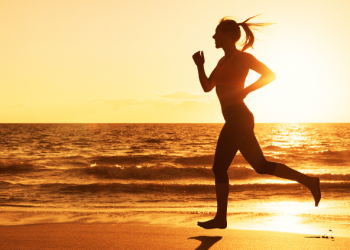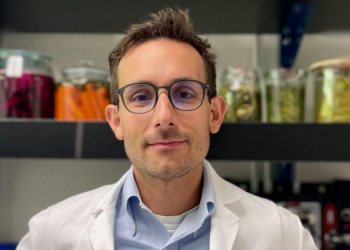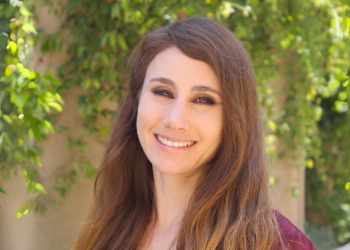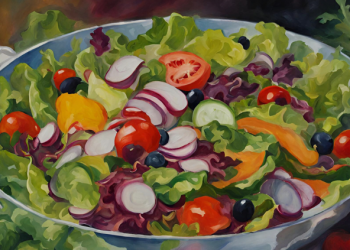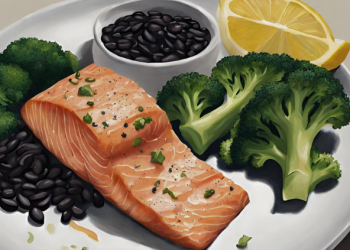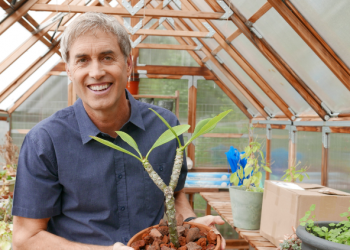Summer Program Teaches Science Writing to High School and Undergrad Students
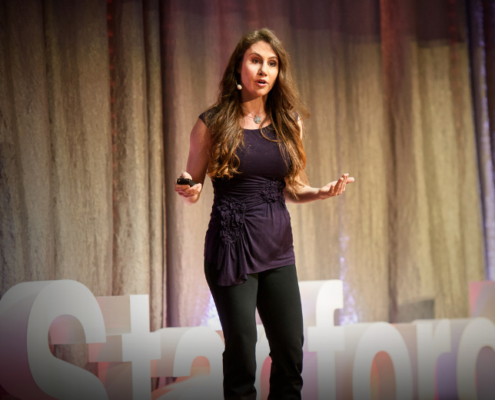
The Stanford Lifestyle Medicine Summer Research Program was in full swing this summer, training a select group of high school and undergraduate students to become adept scientific writers and reporters.
Dr. Oppezzo created this summer program to inspire young scientists to delve into lifestyle medicine and cultivate the skills to effectively communicate research findings to a broader audience through critical thinking, peer-and-expert interviews, and writing. The curriculum she created combines her background in education and research and her belief that true health and quality of life span across many domains.
Over the course of ten sessions, students learned to discover the story behind the headlines and the boundaries behind their assumptions. Starting with a belief and interest, students dug deep to ask questions beyond a headline claim, such as asking: “Who is this information for? Under what conditions? How much? What do you mean by well-being?” Students also learned to think critically about scientific articles, considering whether or not the source was from a reputable academic outlet or a participant in the study. Students then practiced telling the story to their peers, generating critical questions, and interviewing experts in the area.
“During the last couple of weeks of the program, we focused on creative communication,” says Dr. Oppezzo. “Rather than write just about the facts, I had the students ask themselves, ‘How can we best communicate the story of the research? How can we communicate our interest in the topic along with an expert’s critical assessment in ways that are digestible, actionable, and entertaining for a target audience?'”
The final project for the course was to interview an expert and create a scientific blog or multimedia product on a lifestyle medicine topic. Throughout the course, students continuously workshopped their story-telling skills with their peers to ensure they addressed their readers’ interests, comprehension, and questions. A few examples of the topics the students chose include resistance training for well-being, the immune-enhancing effects of being in nature, and the cognitive benefits of houseplants. All of the final projects will be showcased in a dedicated section of the Stanford Lifestyle Medicine website, specially curated for the “Gen-Z” audience and aptly named “Genzevity.”
The program was taught by Marily Oppezzo, PhD, the Head of Nutrition and Behavior Change for Stanford Lifestyle Medicine. Dr. Oppezzo completed her doctorate in Educational Psychology and loves teaching and mentoring. She received the Department of Medicine Teaching Award in 2018 and has mentored several undergraduate and graduate students interested in pursuing their passions in medical school, nutrition research, or community-based-participatory research.
“The goal of this summer was storytelling,” says Dr. Oppezzo. “The students learned how to ‘get inside the shoes’ of the participants and think about what it was like to be in that study. This is a great way to ‘pop the hood’ on scientific research and understand what they found. That’s how they learn how to apply it to real life.”

